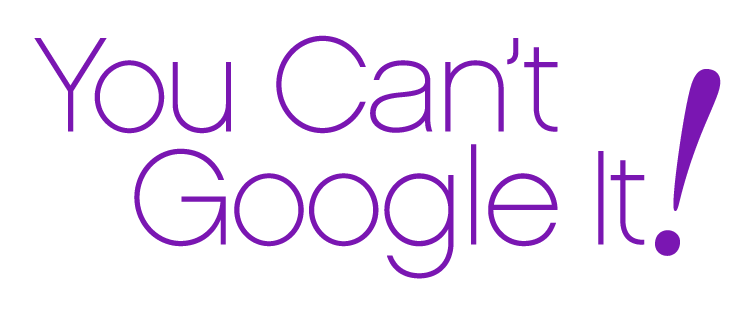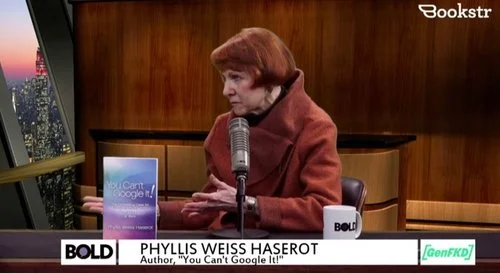Facing Hard Questions and Conflict Resolution
/Surveys have revealed that most people try to avoid engaging in conflict resolution. Unfortunately, conflict at work seems to be more frequent now as society becomes more polarized, affecting language, behavior and willingness to speak up. Most managers have not been trained in conflict prevention and resolution and may resist getting caught in the cross-hairs of differences and establishing productive compromise.
The longer hard and meaningful conversations are avoided or are tap-danced around, the harder they become. But when they adopt the attitude that a positive result is possible (or at least you honestly tried), the more likely that positive outcome. And once success is achieved, the easier it becomes to do in the future – much like a physical challenge is.
I found that outcome myself early on when at age 22, I undertook a hard conversation with my mother. I handled it respectfully, without an argumentative tone. I found she took it very well, the stress disappeared, and we became increasingly close over the years. I actually got to look forward to engaging in “hard conversations” at both work and in personal situations. As a consultant to professional firms, I was asked by clients to help resolve conflicts between partners and more junior professionals. I then got certified in dispute resolution, so I have training and a credential and acquired substantial experience working behind the scenes to make leaders look good.
We have seen how fear can easily turn into anxiety and anger in the divisive environments we are living in when faced with identity differences. We saw that played out in “American Rot” as I interpreted it in the first blog of this series.
On college campuses, the fear, anger and growing hostility came from not only students, but sometimes more intensely from faculty. It has quieted, but may start up again once the school semester starts. And in the workplace, the national and international news has caused intensified anxiety and fear of speaking openly.
Learning conflict resolution techniques, or finding a mentor with those skills to teach or mediate outside of internal politics, can help avoid organizational chaos and retain valued talent. Countless studies have found that one of the top reasons people stay or leave an employer is the quality of relationships with colleagues, managers or teammates.
So clearly, there needs to be an important role for managers in both preventing conflicts and resolving them. Most don’t have that training. Middle managers, especially, are frequently so overwhelmed with a large number of responsibilities that they have no bandwidth to take on another one. External organizational mentors can avoid internal politics, and they also must be able to convey good vibes of trust early on through voice tone, body language and with social proof through testimonials and recommendations.
Whomever takes on the task needs to follow a process that involves both the rational and emotional aspects.
PROCESS TO DEVELOP EASE IN HARD CONVERSATIONS
Here is, simply stated, the process I use and recommend: The Confident Resolution Process and the first step details to get you started.
STEPS
1. Facing the Fear
Name the emotions conflict brings on
How do you want to feel instead?
How would you feel if the conflict was surmounted?
What is that worth to you? In stress relief, time saved to reach goals, financial benefit, other aspects of productivity, relationships?
Envision your relief
2. Building the Confidence
2. Planning the Action steps
3. Reviewing Results and Feedback
Call to Action: I am eager to receive your thoughts and comments. Contact me at pwhaserot@pdcounselcom or https://www.youcantgoogleit.com with comments and to request the details on the rest of the 4-step process. I will send you a free PDF of the details of the 4-step Confident Resolution Process.
You and your colleagues can do this!
© Phyllis Weiss Haserot 2024.


